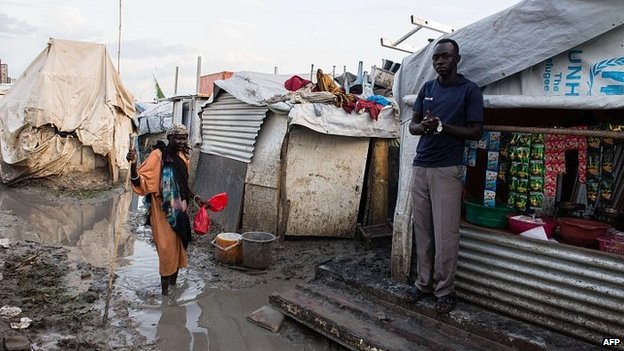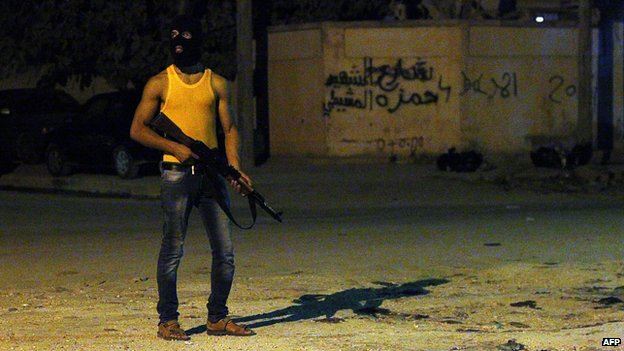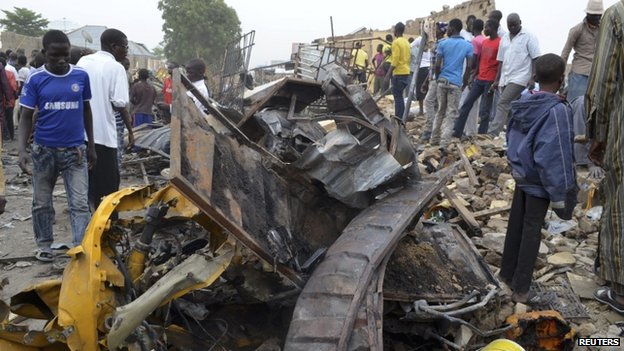By: Danielle L. Cowan (Gwozdz)
Senior Desk Operator, Africa
JUBA, South Sudan – South Sudan rebels have failed to attend the second day of peace talks aimed at ending months of conflict, BBC News reports.

Organizers of these talks state that it is unclear why the rebels did not show up.
On Monday, the rebels had appeared and made this appearance with complaints about the continued presence of Ugandan forces in South Sudan.
It is unclear whether these talks are going to continue.
These talks have been part of a long effort by the government to finalize a transition for South Sudan.
The deadline that has been in place for these talks is August 10. By this date, they had hoped to agree on a transitional government and a ceasefire.
They had tried a round of talks in June between President Salva Kiir and rebel leader Riek Machar, but these talks stopped as well.
Instead, another conflict arose in December. President Kiir accused rebel leader Machar of plotting a takeover.
Although Machar denied these accusations, he gathered a rebel army to fight the government.
United States Secretary of State John Kerry stated that Machar “needs to understand the importance of living by the agreements.”
The UN has warned that this country is on the verge of famine.
More than 1.5 million people have been displaced.
Over the last two days, at least six Sudanese aid workers have been killed in violence close to the South Sudan border.
These ethnically targeted attacks have been said by the UN as characteristic violence which has ruined South Sudan.
The murdered aid workers belong to the Nuer ethnic group, BBC News reports.
For more information, please visit:
BBC News – Rebel no-show at South Sudan talks in Ethiopia – 5 August 2014
Africa Time – Rebel no-show at South Sudan talks in Ethiopia – 6 August 2014
Ethiopian Headline News – Rebel no-show at South Sudan talks in Ethiopia – BBC News – 5 August 2014
Africa News – Rebel no-show at South Sudan talks in Ethiopia – BBC News – 6 August 2014


